It’s been 9 months since I wrote my review of the Nikon 1 J5 and I finally gave in to a bout of GAS (gear acquisition syndrome) that has been lingering for some time, purchasing a J5 this week. I had resisted the temptation to buy this particular camera as I was waiting for the new 20.8MP BSI sensor to find its way into an updated Nikon 1 V-series camera. With the recent earthquakes in Japan delaying various Nikon products the timing seemed right to buy a J5. I have some things planned for the second half of the year where the improved sensor performance of the J5 will be appreciated.
I haven’t had too much time to put this new camera to use, but I did manage a quick photo walk through town and a short visit to Bird Kingdom.
When buying new gear it is always important to clearly define how it will be used and what specifically it does differently, or better, than existing equipment. For me, the Nikon 1 J5 will be my primary camera for landscape images, as well as for flower and insect photography, especially when extension tubes are used. It will also likely become my preferred camera for street photography.
The new 20.8MP BSI sensor in the J5 performs noticeably better than the 14.2MP Aptina sensors in my trio of Nikon 1 V2’s. The dynamic range is rated at 12.0EV compared to 10.8EV according to DxO. Colour depth is also significantly better at 22.1-bits compared to 20.2-bits with my V2’s. This should help create better end results with my landscape, flower and macro-type images.
The sensor in the Nikon 1 J5 also does not have a low-pass filter so images are slightly sharper coming out of the camera. This should have a positive impact on images containing finer details.
There are some challenges of course. The Nikon 1 J5 does not have a viewfinder which is a bit of a hassle for me as I have never liked composing images from the rear screen of a camera. No doubt I will get used to doing this but I think it will be more difficult and a bit more time consuming to achieve the exact framing that I want with my images not having an EVF.
As a result I will likely end up using a monopod or tripod more often than I have in the past with my Nikon 1 gear. I expected to do this anyway with my landscape photography as it will allow me to shoot under a wider range of lighting conditions at ISO-160 which is the base for Nikon 1 cameras. And, as we all know, shooting any camera at base ISO delivers the best dynamic range and colour depth performance.
The Nikon 1 J5 will likely get some sporadic use during my client video work when I need to produce low angle or higher angle video clips as the tilt rear screen will allow me to frame clips without having to get on my belly or mount a ladder as frequently. The absence of an EVF and the inability to use an external microphone with the Nikon 1 J5 are limiting factors for my video business.
The sensor in the Nikon 1 J5 does perform quite a bit differently than the Aptina sensors in my Nikon 1 V2’s in terms of measured ISO. At the exact same manual exposure settings the Nikon 1 J5 (and the J4 and V3 for that matter) will underexpose images and video clips when compared to my Nikon 1 V2’s. It is quite common for digital cameras to have differences between the manufacturers’ stated ISO’s and the actual measured ISO as I discussed in a recent article on my photography blog. In the case of the Nikon 1 J5 there is about a 1/3 to 2/5 of a stop difference.
For example, at a manufacturer’s stated ISO of ISO-3200 as in the image above (i.e. the ISO setting on your camera) my Nikon 1 V2’s are actually shooting at ISO-2416. This compares with ISO-1853 with a Nikon 1 J5 or ISO-1750 with a Nikon 1 V3. Differences between manufacturer stated ISO’s and measured ISO’s aren’t of concern to many photographers as all that really matters is getting the right exposure, regardless of what their EXIF data indicates. When matching up video clips from multiple cameras when all manual settings are used it can complicate things.
So, while I will use the Nikon 1 J5 to capture specific types of video clips, my trio of Nikon 1 V2’s with their compliment of 7 batteries will remain the workhorses of my client video business. I usually shoot industrial scenes using multiple cameras so having consistency of exposures is important in terms of reducing editing work in post production.
I very quickly came to love the increased 20.8MP resolution of the J5 compared to the 14.2MP of my V2’s. This allows for a lot more cropping potential. And, when shooting under good lighting conditions will also provide more print enlargement potential.
While I dislike the use of micro-SD cards in the Nikon 1 J5 I can put up with that given the image quality benefits the camera delivers. Not having an EVF and being saddled with a smaller buffer that takes far too long to clear, limits the J5 for birds-in-flight and other types of action photography.
As a still photography tool the Nikon 1 J5 is a significant improvement over my Nikon 1 V2’s and you will see many more of my articles featuring images from this camera in the future. At about $500 US including a 10-30mm f/3.5-5.6 PD kit lens I think the Nikon 1 J5 is a great little camera for the money.
Article and all images Copyright 2016 Thomas Stirr. No use, adaptation of any kind is allowed without express, written consent. Photography Life is the only approved user of this article. If you see it reproduced anywhere else it is an unapproved and illegal use.
The post Giving in to GAS with the Nikon 1 J5 appeared first on Photography Life.
from Photography Life https://photographylife.com/giving-in-to-gas-with-the-nikon-1-j5
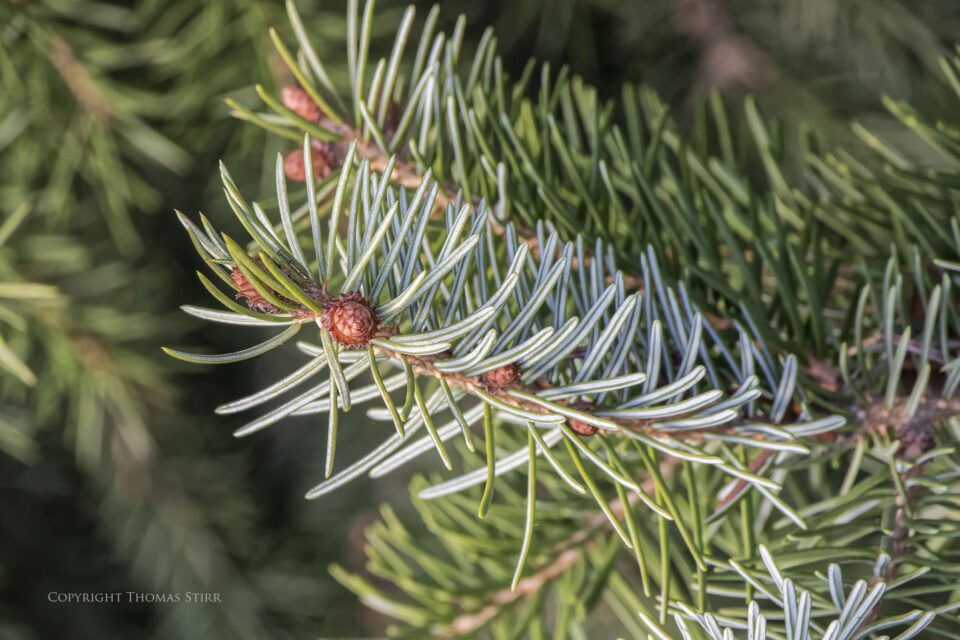
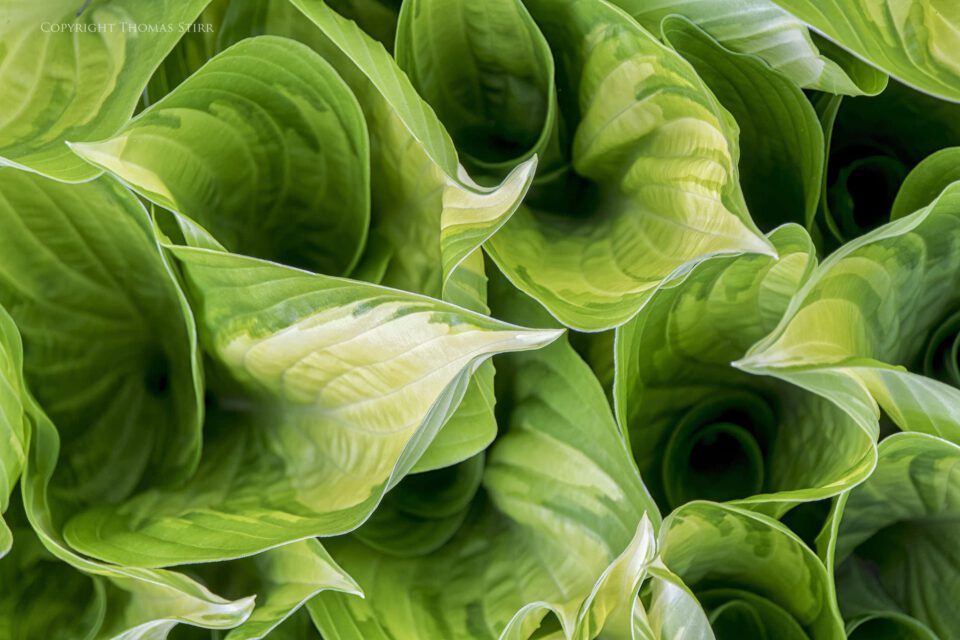
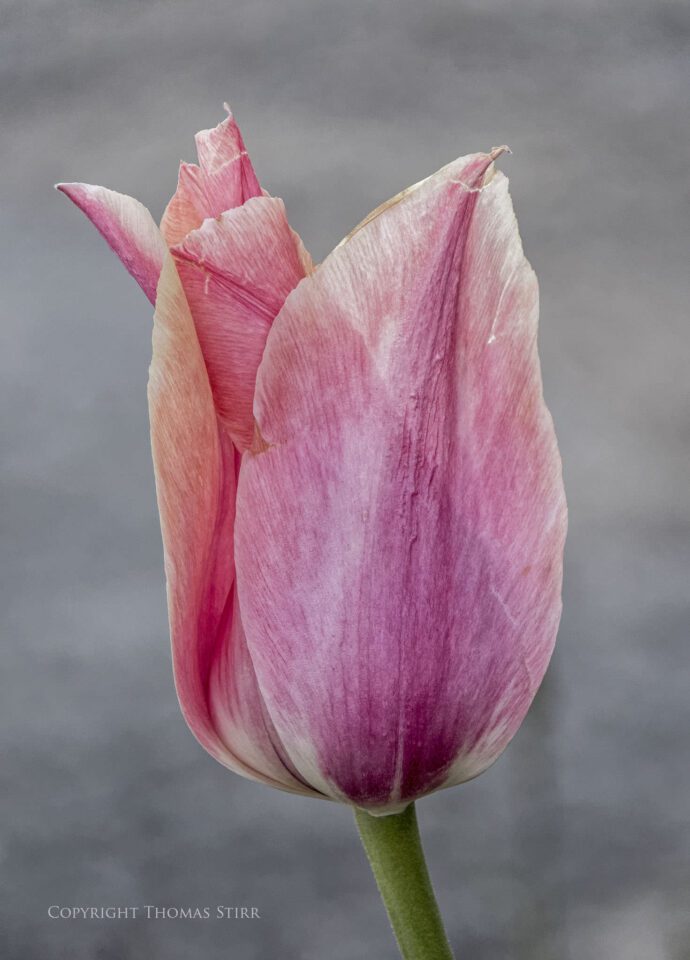
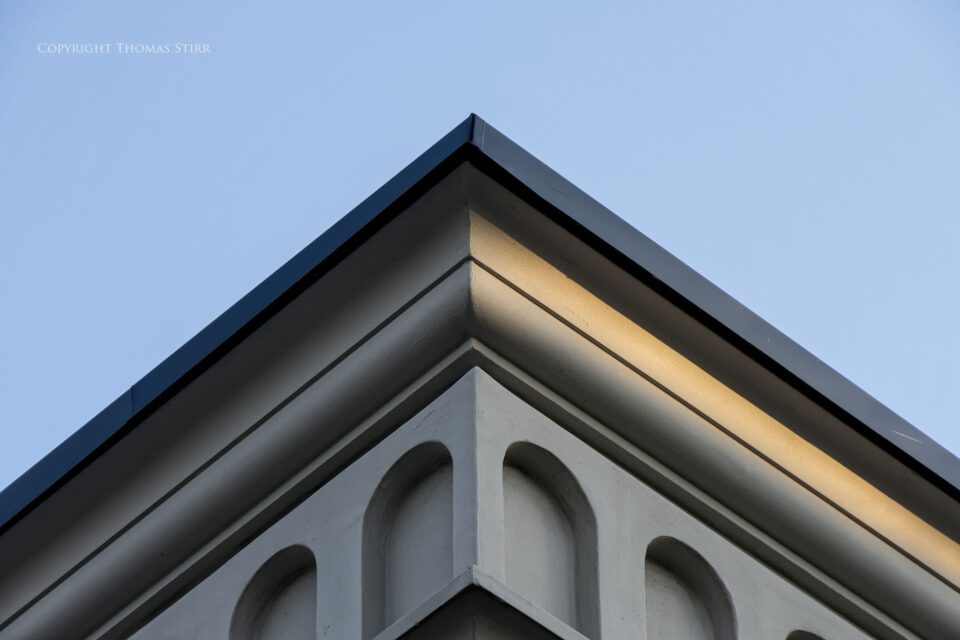
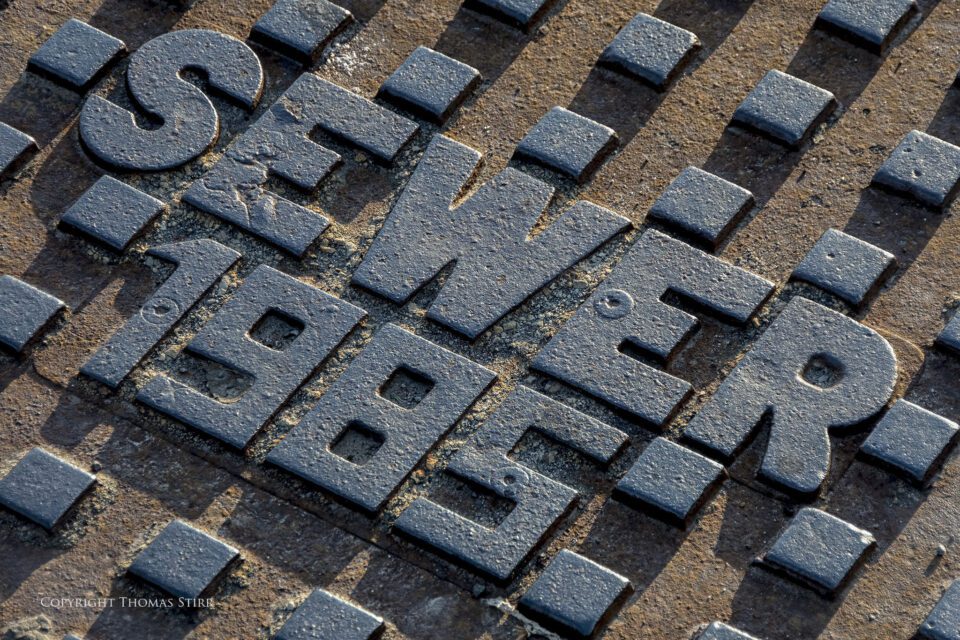
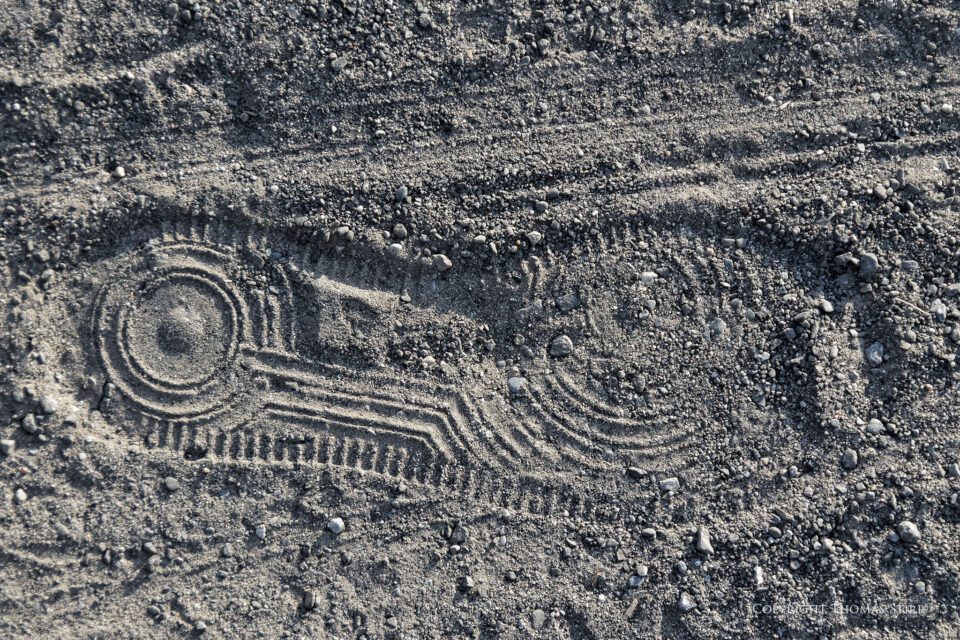
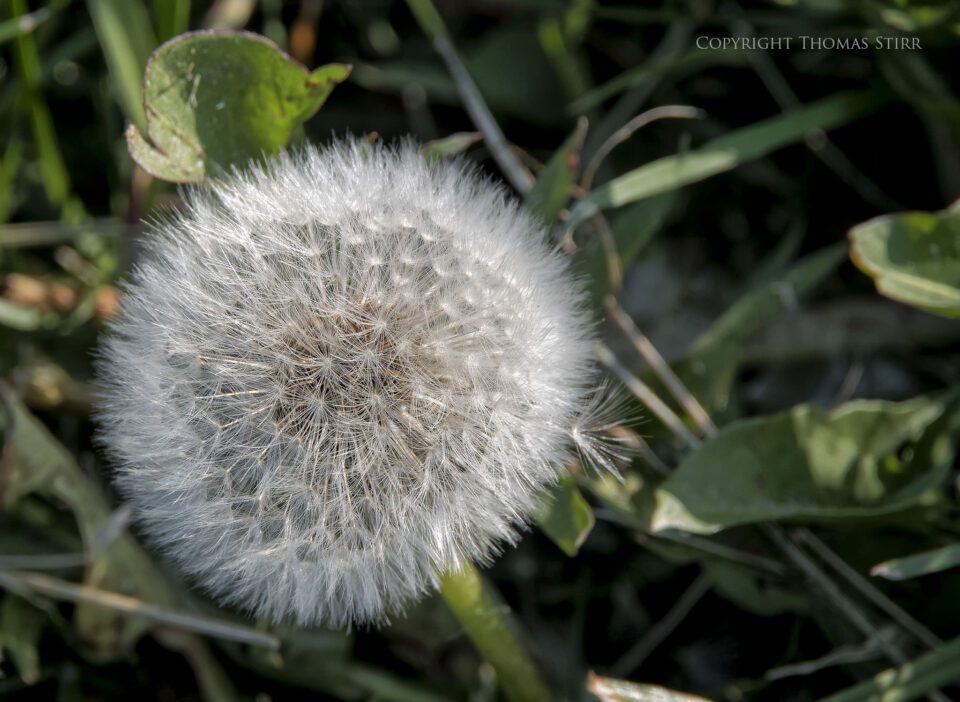
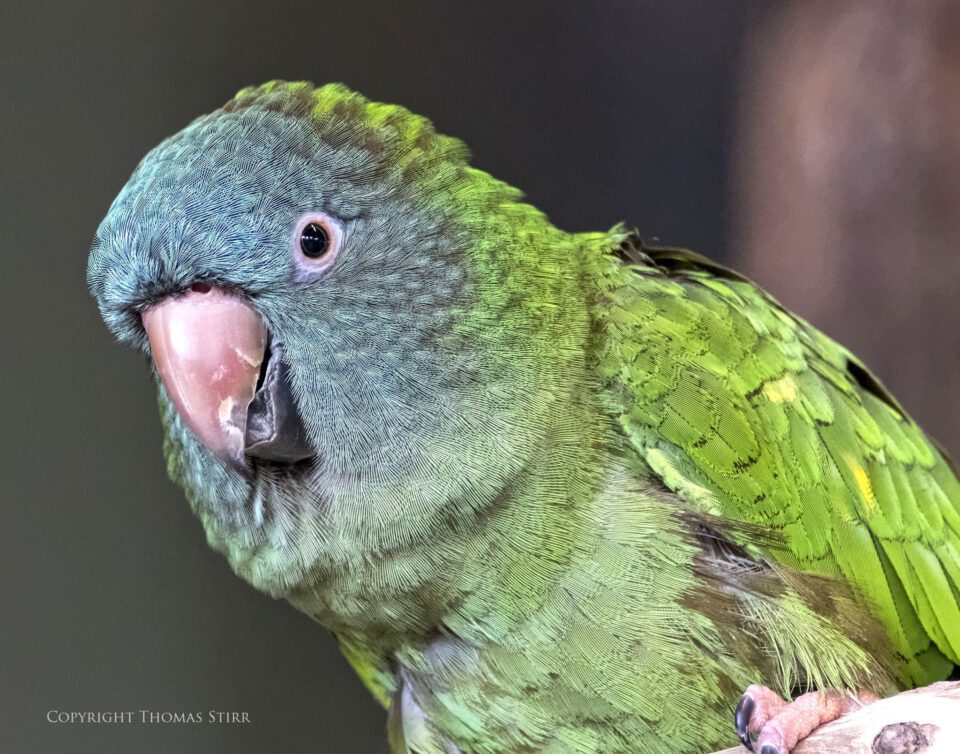
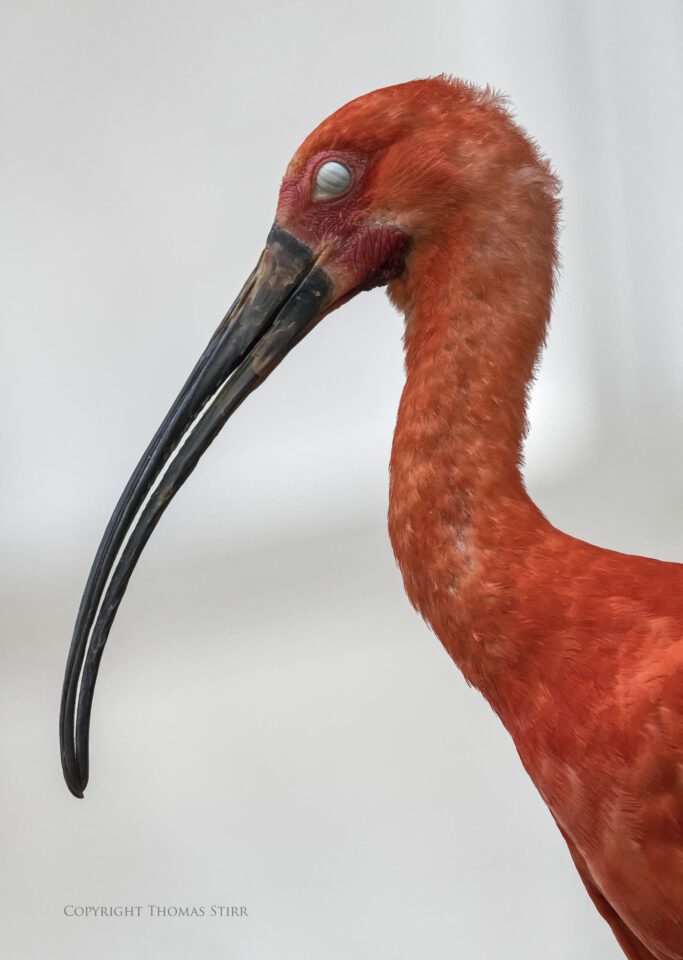
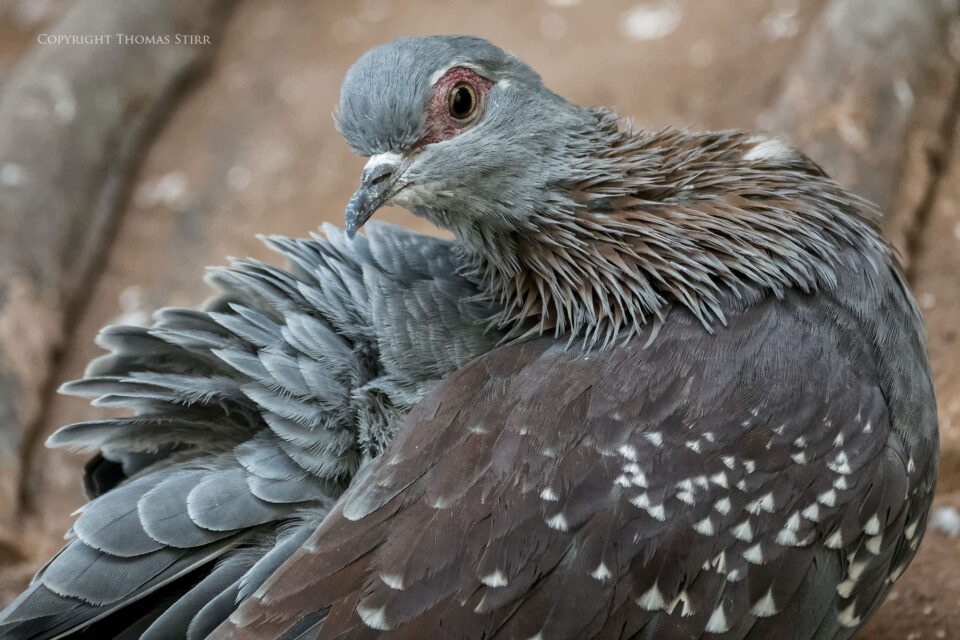
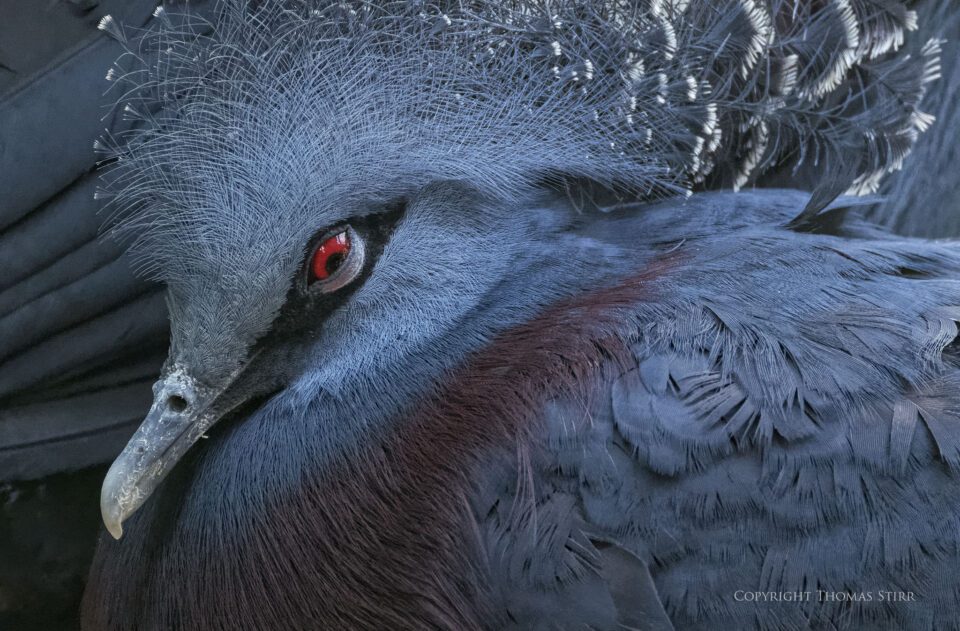
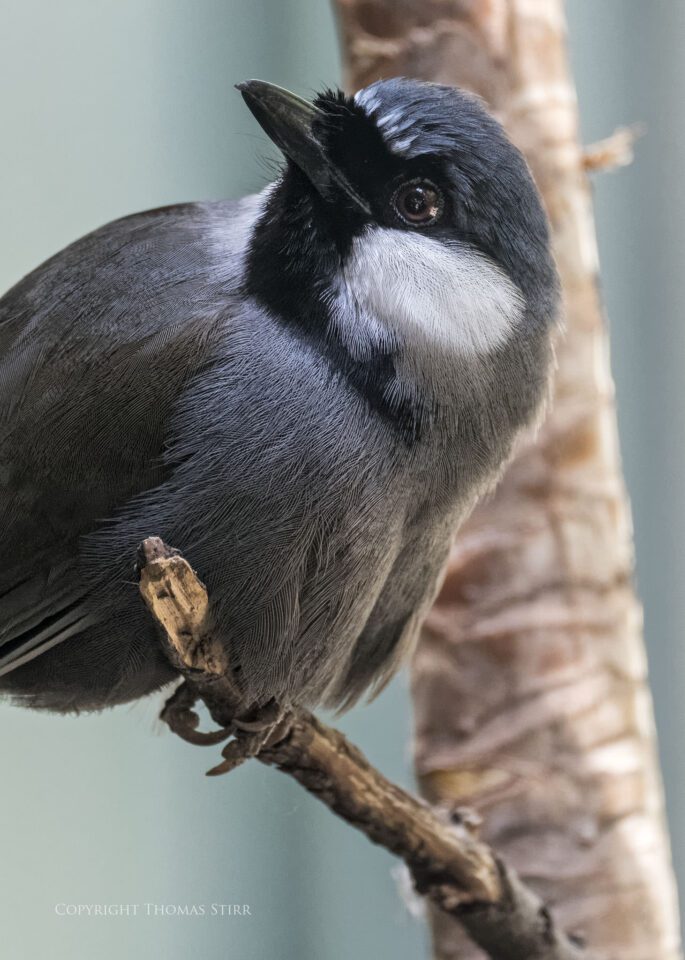
No comments:
Post a Comment